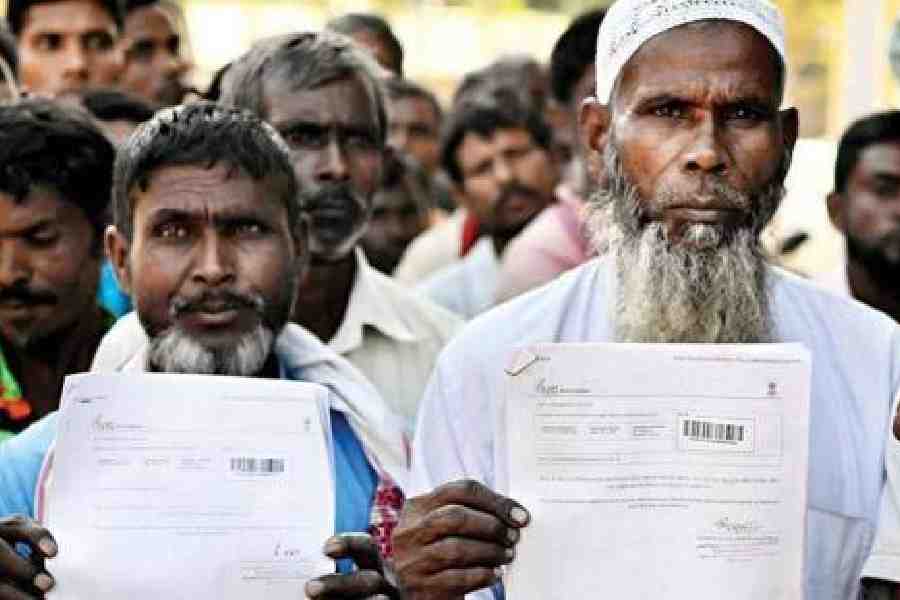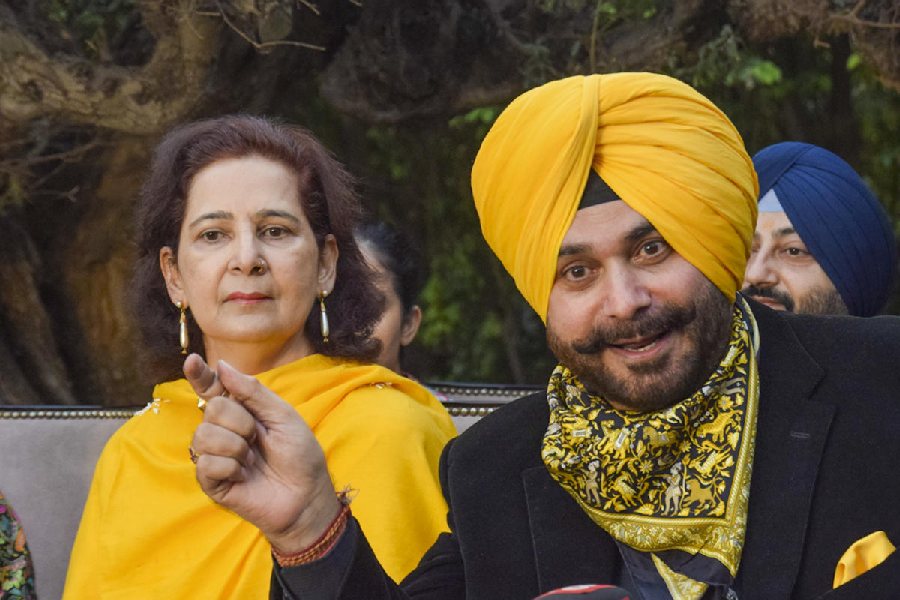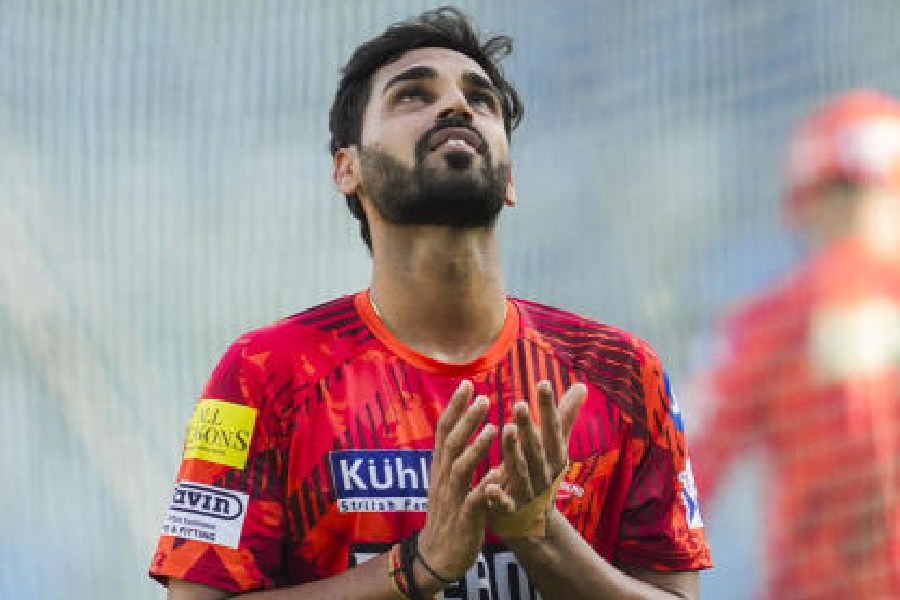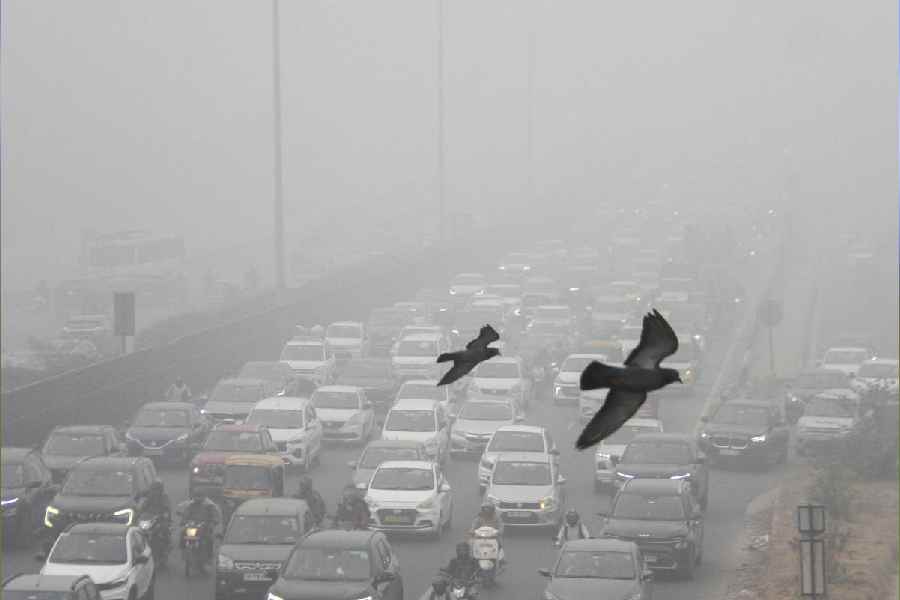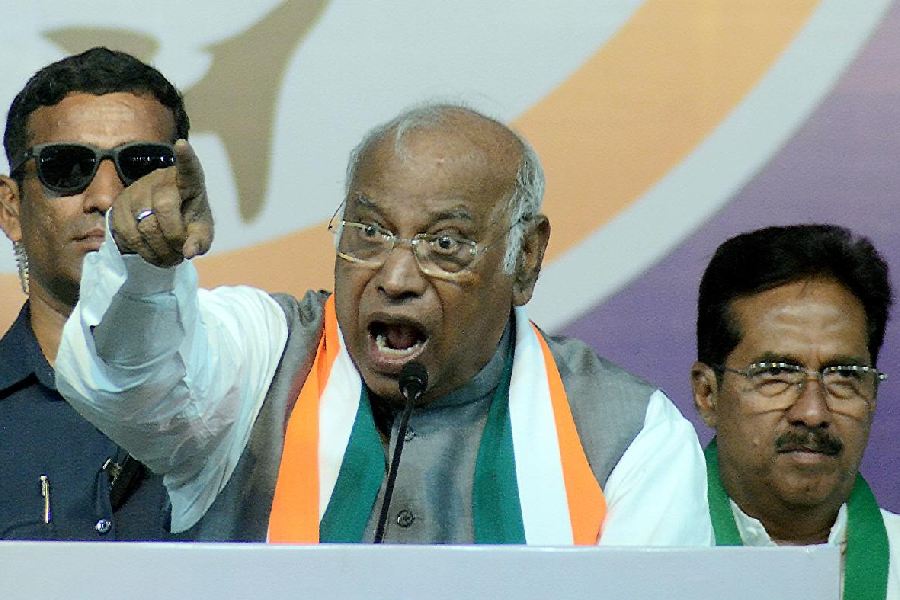Who is an Indian? What are the parameters that people use to explain the basis of citizenship and nationality? And what does it mean to be a citizen? Maybe this is where one part of the madness lies — in not being able to grasp or explain the grounds of citizenship, or the basis of one’s claims to it.
Kishalay Bhattacharjee’s book is an investigation into the zigzagged and criss-crossed notions of identity and citizenship at a time when the Indian government is attemptingto re-engineer the basis of who can be a citizen with the National Register of Citizens in Assam and the Citizenship (Amendment) Act.
When Bhattacharjee begins his book, one may not be sure where he is going with it. But he guides the reader into inner, human worlds where citizenship, identity and belonging are fluid notions on a perpetual simmer. The author — a journalist — writes this book partly as a reporting memoir, criss-crossing the Northeast, including Assam and Meghalaya, Punjab, West Bengal, and Telangana.
Using granular narratives of people — a highlight of the book — Bhattacharjee attempts to present a snapshot of past and ongoing contestations on language and citizenship. The case studies serve as illuminating portraits of individuals whose personal struggles and dilemmas symbolise a much wider churn. Take, for example, the interviews with Lahori Ram Balley, a Dalit writer, journalist and activist from Jalandhar, and with Yashoda Thakore, who reclaims her roots as a descendant of devadasi temple dancers and her relationship with various forms of the Telugu language, both Brahminical and non-Brahminical. The observations of Banaras’ Dom community on citizenship — its primary occupation is cremating the dead — are articulated through the views of Dr Choudhary, who is not a doctor by profession but is identified by the prefix nevertheless. Choudhary is a young Dom whose feelings about citizenship make us aware of an entire class and caste of Indians who face everyday injustices as well as denial of basic rights by the State but are still attached to their citizenship. “We have thousands of years of history behind us — nobody has the right to ask whether we are from Kashi or from Hindustan.” What, then, is it to be recognised as a citizen by law, while being rejected and excluded by society at large?
While acts and laws of a nation do provide a definition of citizenship, “but on the ground, citizenship is not easy to prove, legitimate citizens can be delegitimized very easily.” A case in point is Assam’s NRC exercise. Even though the NRC ordeal was covered widely in the media, Bhattacharjee’s compilation of anecdotes from affected people leaves its mark. We are, once again, forced to confront the outrageousness of the exercise and how, in one fell swoop, swathes of the population — many of them Muslim and some marginalised — had to suddenly grapple with the idea that their citizenship was somehow suspect, in addition to dealing with life’s daily indignities and troubles.
“The idea of [an] Indian is one that emerges from various identities — migrant Indian, stateless Indian, anti-Indian, Tribal Indian and Dalit Indian,” writes Bhattacharjee, adding that it is futile to seek and locate a single Indian identity. And this, perhaps, is part of the reason for the madness. Bhattacharjee tries to chisel out various aspects of citizenship and belonging while being acutely aware of how difficult it is to make these ideas tangible. The intersections among some citizens from India, Pakistan and Bangladesh add further layers to the notion of identity, as shown in the case of the Sylhet referendum.
What, then, is citizenship? Does it require one’s name to appear on a piece of paper or on an NRC list, or is it being able to trace one’s ancestry as descendants of people who have been living in India for centuries? Or is it none of these? Bhattacharjee is ultimately aware that these criteria are fraught; one aim of his project is toshow how a vast number of Indians experience simultaneous belonging and immediate ‘othering’.
WHERE THE MADNESS LIES: CITIZEN ACCOUNTS OF IDENTITY AND NATIONALISM
By Kishalay Bhattacharjee, Orient BlackSwan, ₹950

